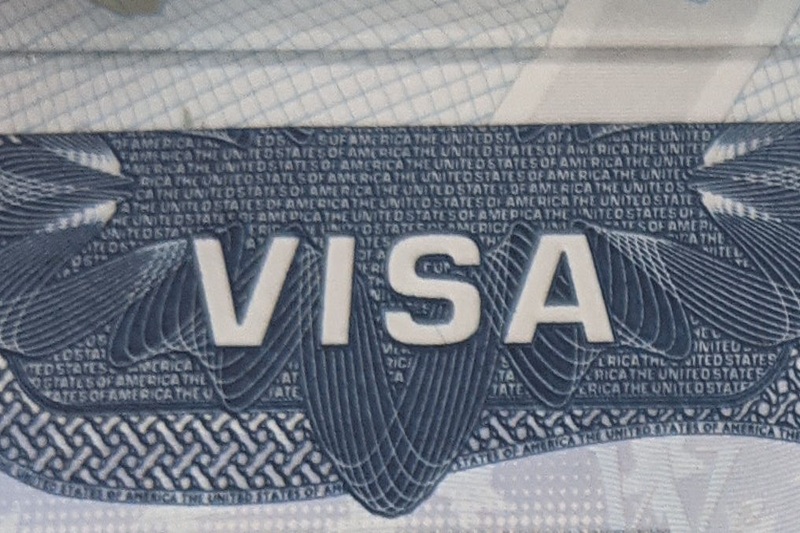
(C): Twitter
Starting in 2026, the United States will charge a required Visa Integrity Fee of $250 for non-immigrant visa applicants for tourists, students, professionals and exchange visitors. The legislation included the fee as part of the One Big Beautiful Bill Act signed by President Donald Trump on July 4, 2025 and it will help assure compliance with US immigration laws.
Like a security deposit, this Integrity Fee will apply to the majority of non-immigrant visa types (B-1/B-2, F/M, H-1B, J) and the only exceptions are for diplomatic visas (A and G). The fee will be collected by the Department of Homeland Security (DHS) when the visa is issued and is in addition to the other fees already charged.
Additional Travel-Related Costs
In addition to the Integrity Fee, there are other non-waivable fees like a $24 I-94 fee, a $13 ESTA fee for travellers under the Visa Waiver Programme and a $30 EVUS fee for certain Chinese nationals. So for instance an Indian applicant for a tourist visa (now enforced at $185) will then pay about $472 (INR 40,456), a staggering increase in cost.
Can the Fee Be Refunded?
If the applicant departs the U.S. within five days of their visa expiration without requesting an extension or if they adjust to permanent residency before the expiration of the I-94, a refund can be claimed. Proof of exit or status change is required for a refund.
If these conditions are not met, the fee will go to the general fund of the US Treasury, and further information on the refund process is to be provided by the US State Department.
Though the purpose of the policy is to discourage overstays, it could impose financial hardship on lawful travelers, particularly students and visitors from developing countries.







